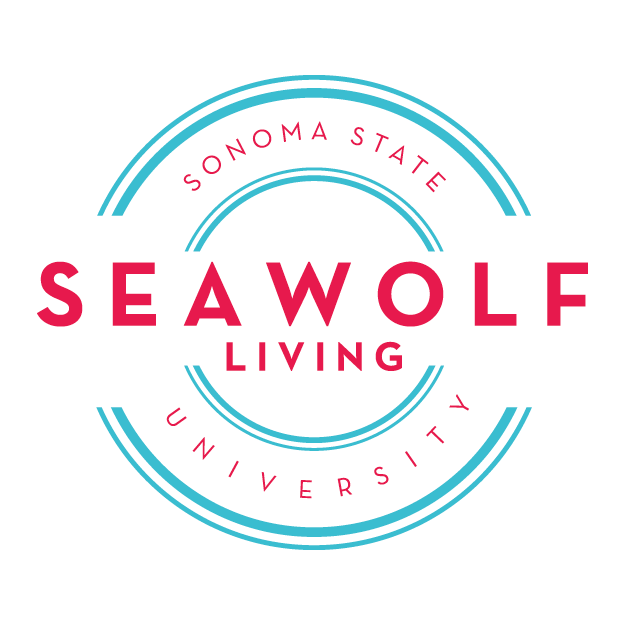Charter Schools are the nation's most widespread form of publicly funded school choice. Yet relatively little is known about political interests over charter school expansion. In 2016, the statewide ballot in Massachusetts included a referendum proposing to eliminate the state's current "cap" on the number of charter schools permitted to exist. Big money backers of the ballot measure saw this as an important chance to champion school choice. Despite getting outspent by nearly $11 million in what became the most expensive ballot referendum in state history, the opposition - composed of an interracial coalition of teachers' unions and community groups - secured a decisive victory (68% to 32%). My study seeks to explain this unexpected outcome in the nation's first charter school-related ballot question. This talk will focus on one of the key factors that led to this result: how the opposition engaged teachers' union members - namely classroom educators - to become what I call everyday spokespeople, a type of organic intellectual that used their multifaceted skills as educators, their reputable status, and their racial congruence with Massachusetts voters to inform and convince the electorate to "keep the cap" on charter schools.
The School of Social Sciences Brown Bag Series is always free, open to faculty, staff, students, and the public, and provides a congenial interdisciplinary forum for the discussion of recent research by School of Social Sciences faculty. Due to the COVID-19 pandemic, the 2020-2021 Brown Bag Series will take place via Zoom.
